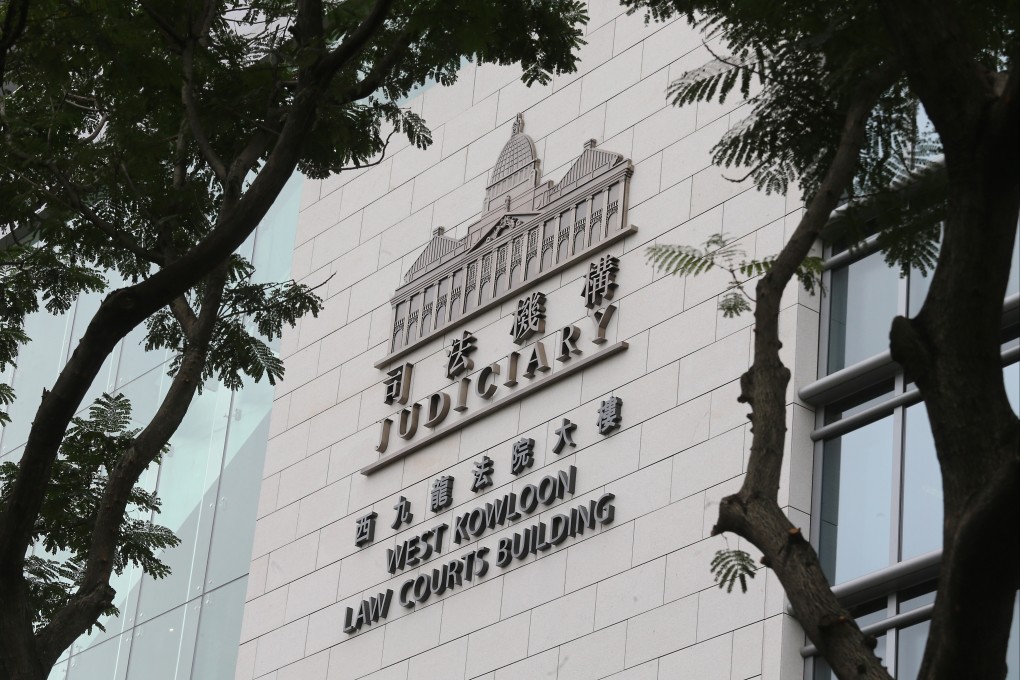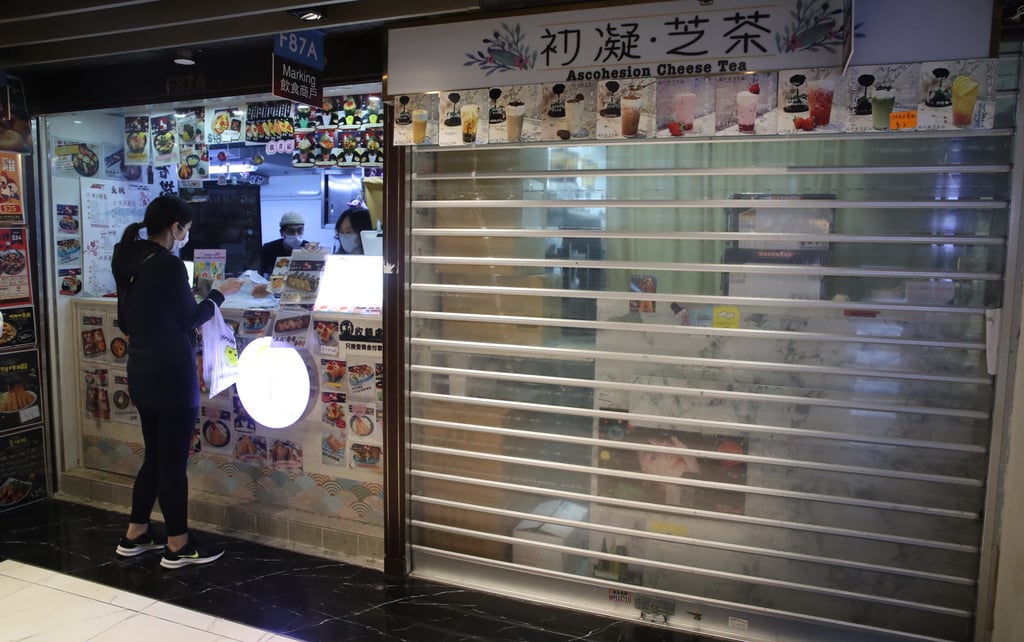Taiwanese drinks shop owners jailed for up to 7 months over social media posts calling on others to flout Hong Kong’s Covid-19 curbs
- Magistrate convicts Chinese University student Hau Wing-yan, 24, and Lam Yuen-yi, 21, under colonial-era sedition law
- Social media posts published by pair said official endeavours to curb spread of Covid-19 were either politically motivated or driven by bad faith

The owners of a Taiwanese drinks shop in Hong Kong have been jailed for up to seven months under a colonial-era sedition law for inciting others to flout public health curbs and refuse Covid-19 vaccines.
A magistrate hand-picked by city leader Carrie Lam Cheng Yuet-ngor to oversee national security proceedings convicted the two women at West Kowloon Court on Tuesday upon their admission to a joint count of doing an act or acts with a seditious intent.
Chinese University student Hau Wing-yan, 24, and Lam Yuen-yi, 21, were the administrators of an Instagram account for the now-defunct Ascohesion Cheese Tea shop in Mong Kok when nine posts criticising the government’s anti-pandemic measures and vaccines were published on the platform between February 9 and 17 this year.
The Instagram posts, which were also published on the shop’s Facebook page, suggested that official endeavours to curb the spread of Covid-19 amid a surging fifth wave of infections were either politically motivated or driven by bad faith.

Some posts argued the government’s aim to restrict public gatherings during the pandemic was to prevent large-scale demonstrations similar to the anti-extradition bill movement in 2019, while an official contact-tracing app was launched to collect residents’ private information in retaliation for opposing authorities during the protests.
Other posts sought to hamper authorities’ efforts to inoculate the population and screen for positive cases via mandatory testing.